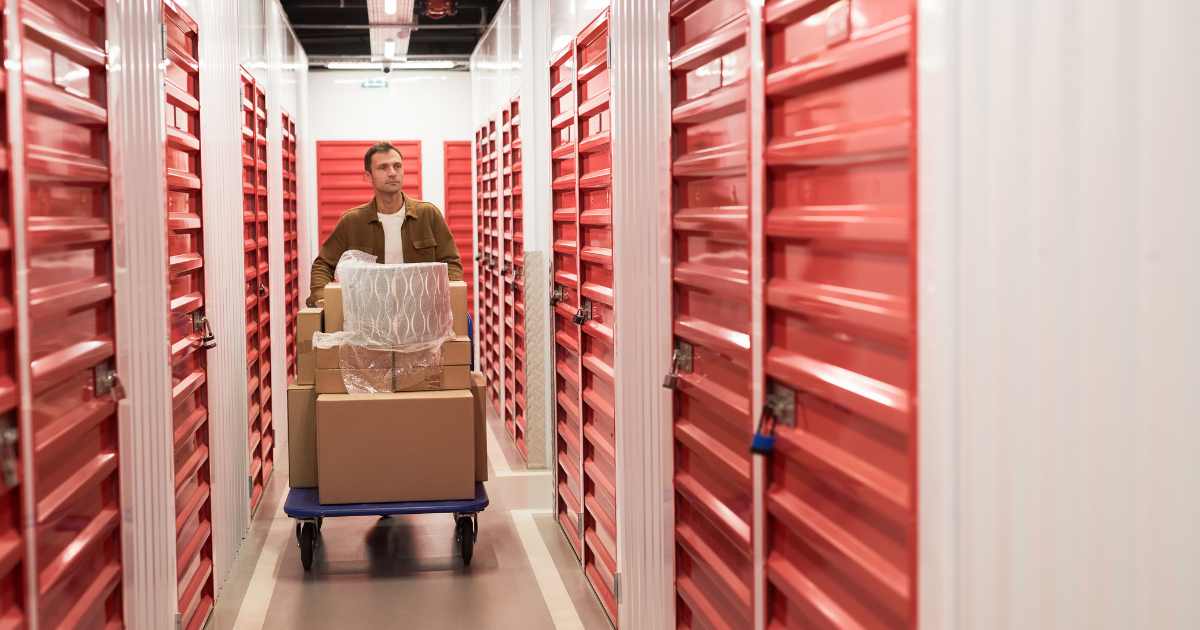Owning a self-storage business in South Africa can be highly profitable. Think about how many people live in small apartments, move between cities or countries, or run businesses that lack space for extra furniture, equipment, or files. There’s a constant need for secure, affordable storage solutions, and if you can meet that need, there’s money to be made.
But a profitable business doesn’t mean an easy one. Starting a successful storage business takes careful planning, capital investment, and the right systems. Here’s what you need to know before getting started.
You Need a Solid Business Plan
The most important place to begin is with a well-thought-out business plan. Don’t rush into building or buying storage units without understanding the market. Ask yourself:
- Who will your customers be? (e.g., homeowners, small businesses, migrants)
- Is there already a demand for storage in your area?
- What size units will you offer, and how will you price them?
- Will your facility be container-based, warehouse-style, or a mix?
Planning also helps you strategically scale your business in a manageable way. Instead of overcommitting upfront, it’s often better to start small and expand based on actual demand. A business plan not only keeps you focused but also increases your chances of securing funding.
Start-up Essentials for a Storage Business
Even if you start on a smaller scale, there is a range of costs and essentials you need to prepare for when you’re planning to start your storage business. The cost depends heavily on your location and scale. A small facility with 10–20 containers could cost several hundred thousand rands to get up and running. Here’s what you’ll likely need to invest in:
Land: You need a plot in a location that’s accessible but not too expensive. Look at industrial areas or land near transport routes.
Site preparation: Depending on the condition of the land, you may need to clear vegetation and flatten the area.
Storage containers or units: Whether you’re using shipping containers or building storage rooms, these are your core business assets.
Security systems: This is critical. You’re dealing with people’s valuables, so expect to install fencing, automated gates, CCTV, motion detectors, and hire security staff.
Admin and yard staff: A small team is needed to manage bookings, payments, customer service, and to look after the property.
Inventory tracking: Even if you don’t handle the contents directly, you’ll need to log who is renting each unit, for how long, and manage keys or access codes securely.
Payment systems and policies: What happens if someone doesn’t pay? You’ll need a clear, enforceable policy, possibly including an auction process for abandoned goods.
Legal support: A lawyer can help you draft rental agreements, advise on liability issues, and guide you through any necessary legal processes when tenants default.
Insurance: It’s important for your business to have warehouse or storage insurance to protect items in the storage facility.
How to Get Funding for a Storage Business?
Securing funding can be a challenge, but not impossible. You’ll need to show lenders or investors that your idea is viable. Here are a few tips:
Prove demand: Conduct surveys, research local competitors, and use stats to show there’s a gap in the market.
Have a strong business plan: Include financial projections, a breakdown of startup and running costs, marketing strategy, and a growth timeline.
Make your business “bankable”: Register your company, get your compliance in order, and build credibility with early customers if possible.
There are quite a few financing options for self-storage businesses, which are:
- Traditional bank loans.
- Construction loans for building permanent structures.
- Asset finance (to purchase containers or equipment).
- Private investors or partnerships.
- What Are the Pros and Cons to Owning a Storage Business?
Pros
High demand: As people continue to move, downsize, or run space-limited businesses, the need for storage keeps growing.
Recurring income: Monthly rentals create a predictable cash flow.
Scalability: You can start with just a few units and grow gradually.
Low day-to-day involvement: Once set up, the business can largely run itself with the right staff and systems.
Cons
High upfront investment: The costs of land, containers, and security add up fast.
Regulatory challenges: Zoning laws and permits may affect where and how you operate.
Security liability: Any theft or damage could harm your reputation and lead to legal issues.
Slow ROI: Depending on your pricing and market uptake, it might take time before you see significant profit.
Crédito: Link de origem


